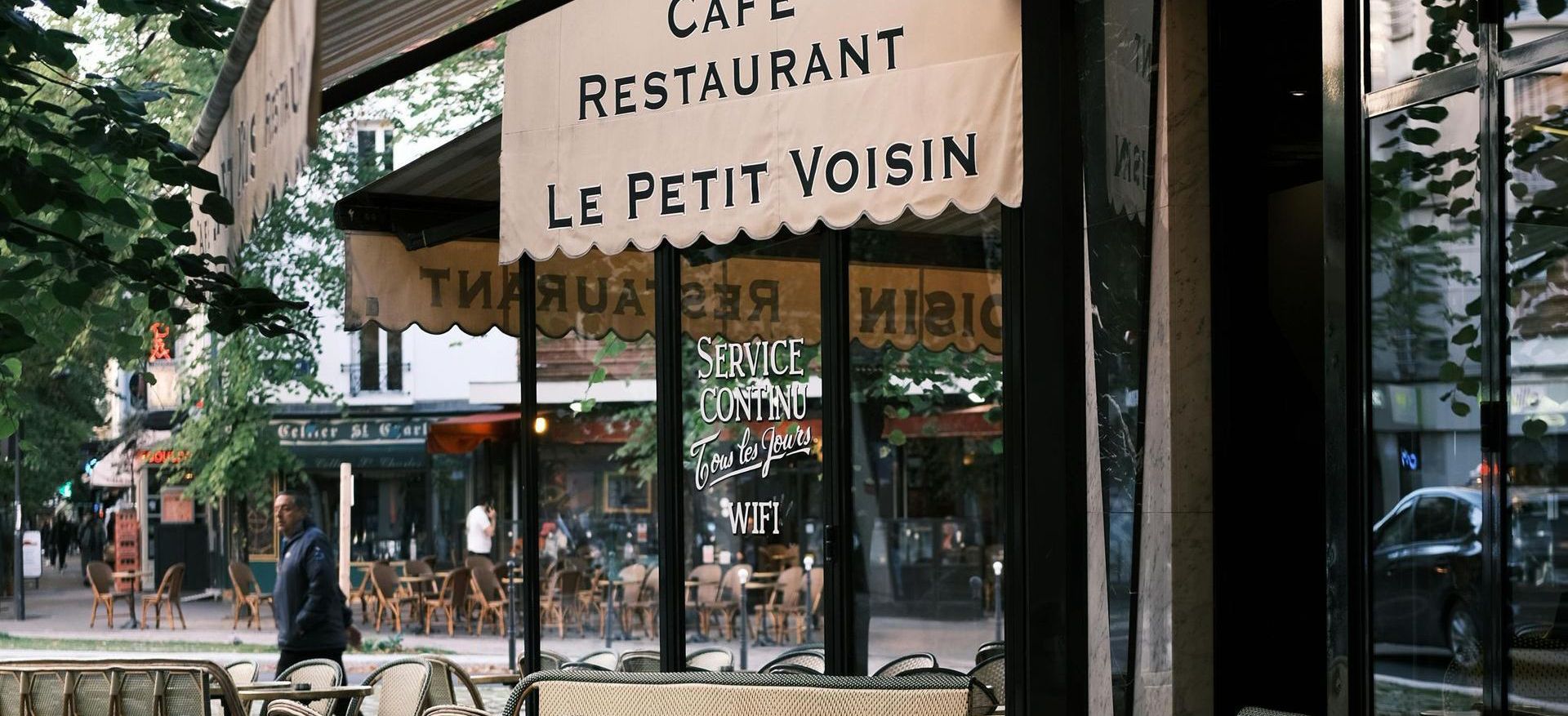"Entrepreneur/profession libérale" long-stay visa: beware of the list of documents required for liberal or commercial activities !
What you need to know:
- Foreign entrepreneurs can obtain a residence permit under either of the following headings: “entrepreneur/profession libérale” or “talent - porteur de projet”
- The “talent - project holder” passport is not available to the liberal professions
- The “entrepreneur/profession libérale” card covers both commercial and liberal activities
- The choice of “liberal profession” or “commercial activity” is decisive in determining the documents to be provided to the authorities
- All commercial, industrial and craft activities require a viability certificate, which must be requested from ANEF
- The concepts of commercial or liberal profession are not defined by the law governing foreign nationals, but by other branches of law (commercial law, tax law, etc.)
- Particular vigilance is required, as errors in the definition of a liberal or commercial profession are a frequent cause of file rejection
- It is possible to file an administrative appeal, followed by a contentious appeal against the decision to deny the issuance of the residence permit labeled "entrepreneur/self-employed professional"

Which residence permit for a foreign entrepreneur?
Foreign entrepreneurs wishing to settle in France can apply for two types of residence permit, depending on their status:
- The "carte de séjour mention Entrepreneurs/Liberal Professions (residence permit for entrepreneurs and self-employed professionals), as stated in article L.421-5 of the CESEDA
- The "carte de séjour mention Talent - porteur de projet” (“Talent - Project holder” residence permit) under article L.421-16 of the CESEDA. The issuance of this card is subject to specific conditions, and is only available to people engaged in commercial, craft or industrial activities.
The present article does not deal with this residence permit.
Liberal professions can therefore only submit applications under the first basis (article L.421-5 of the CESEDA)
The Entrepreneur/Profession libérale residence permit
Presentation
The law of March 7, 2016 merged the status of merchant with that of liberal profession creating a new status: Entrepreneur/Profession libérale, governed by article L.421-5 of the CESEDA.
How to obtain it
In order to obtain this card, you will need to demonstrate that your business :
- complies with current legislation,
- is not a salaried activity,
- is economically viable,
- provides sufficient means of subsistence.
The
Entrepreneur/Profession libérale
residence permit is valid for a maximum of one year, but can be renewed under certain conditions, by applying for a
4-year multi-annual permit.
Difficulties and points to watch out for when applying for an
entrepreneur/profession libérale residence permit
The main difficulty when applying for this card lies in identifying the necessary documents for the application. For a commercial, industrial, or artisanal activity, it is essential to request an attestation de viabilité économique (a certificate of economic viability) from the ANEF beforehand, prior to submitting the application to the consulate or prefecture. Furthermore, the ANEF will refuse to review a file if it considers the activity to fall under a liberal profession.
Incorrect classification leads to a decision to reject the application, either by the ANEF or by the consulate or prefecture services.
Example 1 :
You want to set up a business in France. You consider your activity to be a liberal profession and have therefore not submitted an economic viability report. Nevertheless, the competent authorities consider that your activity is not a commercial activity.
What are the risks involved?
The risk here is that your application for a residence permit may be rejected. Under certain conditions, this rejection can lead to an OQTF (an order to leave French territory).
Example 2 :
You want to set up a business in France and you consider that your activity falls within the scope of a commercial activity. The relevant authorities refuse to issue you with an economic viability notice, believing that your activity does not fall within the scope of a commercial activity, but rather of a liberal profession.
What are the risks involved?
You cannot continue the procedure and obtain your residence permit. You are therefore blocked.
How do you go about identifying the nature of your business?
As the administration of foreigners (prefecture, consulate, etc.) and the CESEDA do not provide usable definitions, we will examine the definitions proposed by other areas of the law, reflecting on them by analogy.
Caution: The judge is, however, always free to make his or her own interpretation.
Identify the nature of the activity: commercial or liberal?
General definitions
The qualification of commercial activity as referred to in immigration law encompasses commercial, craft and industrial activities.
- Commercial activities are defined either by their nature (articles L.110-1 and L.110-2 of the French Commercial Code) or by the form and purpose of the company created (article L.210-1 of the French Commercial Code).
- Craft activities are listed on website of the Chamber of Trades and Crafts (Chambre des Métiers et de l'Artisanat)
- Lastly, industrial activities are defined by the French General Tax Code and a decision by the Conseil d'Etat, which ruled that “companies carrying out an activity that contributes directly to the manufacture or transformation of tangible movable assets, and for which the technical installations, materials and tools used play a predominant role” are industrial in nature.
- The liberal professions are defined in article 29 of law n°2012-387 of March 22, 2012.
Tax definition: differentiation by type of profit
In order to differentiate between commercial and non-commercial activities, it is also possible to use certain tax indicators.
Commercial, industrial and craft activities are subject to BIC (bénéfices industriels et commerciaux), while the liberal professions are subject to BNC (bénéfices non commerciaux).
An application for a residence permit for businesses generating BIC must therefore include a certificate of viability for the project, given the commercial nature of their activities.
Case law illustrations
Administrative jurisprudence also provides a number of elements for distinguishing between commercial and liberal activities.
- For example, it classified the activity as commercial on the basis of the production by a foreign national of a “non-salaried commercial contract in real estate transactions”, and a “service contract concluded between herself and another company”.
- The jurisprudence also considered that an American IT services company wishing to set up in France was carrying out a commercial activity. In this example, the choice of qualification was not very well motivated, but it could be thought that the form of the company (LLC) was a determining factor in the qualification as a commercial activity.
This means that you must always be sure to produce the documents that support and justify your chosen classification. If you fail to produce the necessary documentation, administrative jurisprudence will requalify the activity according to the elements at its disposal and its interpretation of the data.
Recommendations and best practices for applying for an entrepreneur/profession libérale residence permit
In order to properly identify the nature of the business and determine whether or not an opinion on the viability of the project is required, we recommend that you adopt the following practices:
- Check the company's legal form
- Review the details of the activities carried out
- Check the applicable tax regime
- Gather all necessary supporting documents and check that there are no inconsistencies between them.
Appeals against denials of a residence permit for Entrepreneurs/Liberal Professions
If you are refused a visa or residence permit for an entrepreneur or self-employed person, you can lodge an appeal with the relevant authorities.
Note: Be sure to strictly adhere to the deadlines for legal action!
Don't hesitate to visit our website and contact us if you have any questions about settling in France!
Partager











